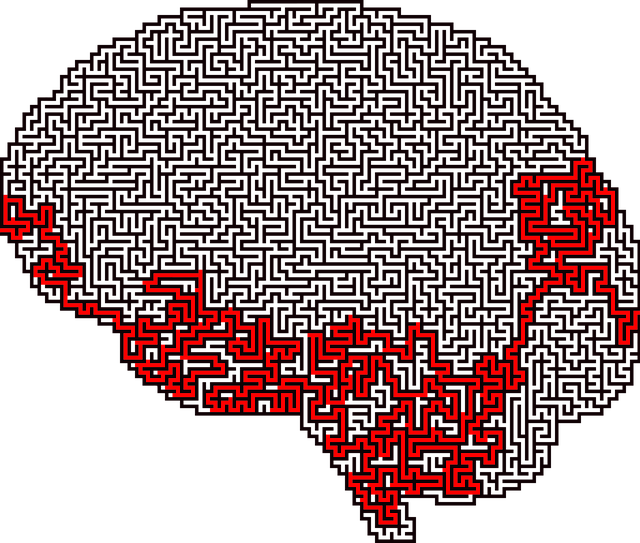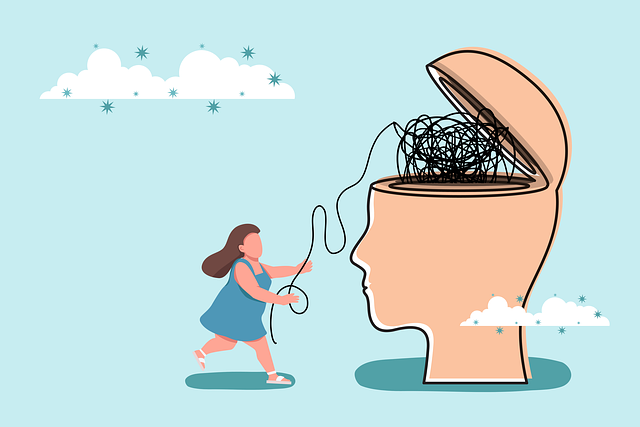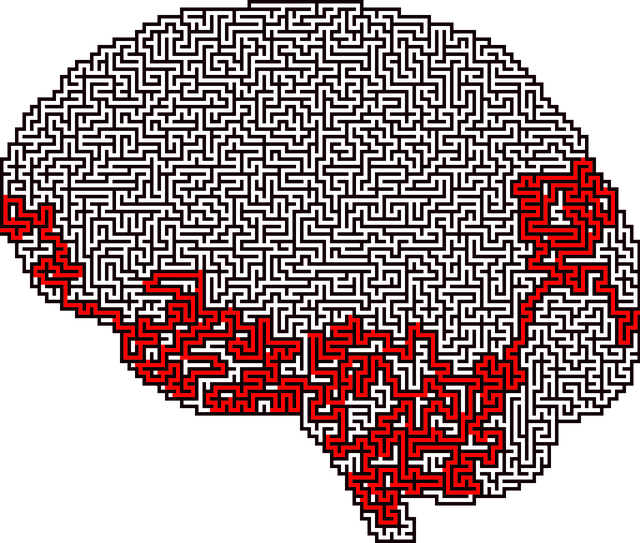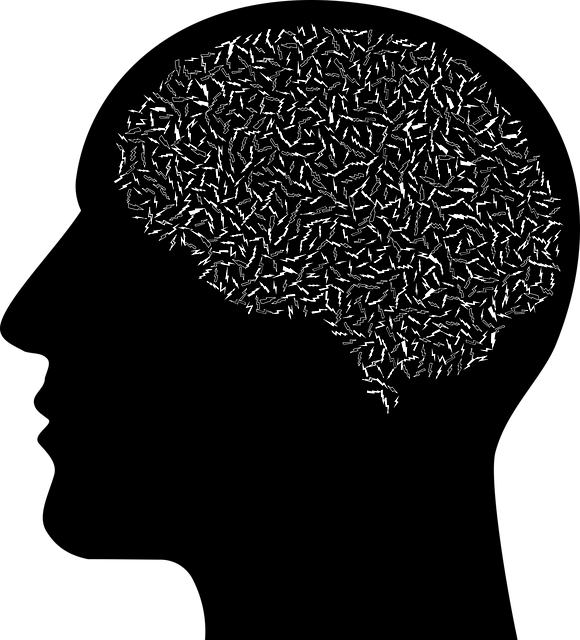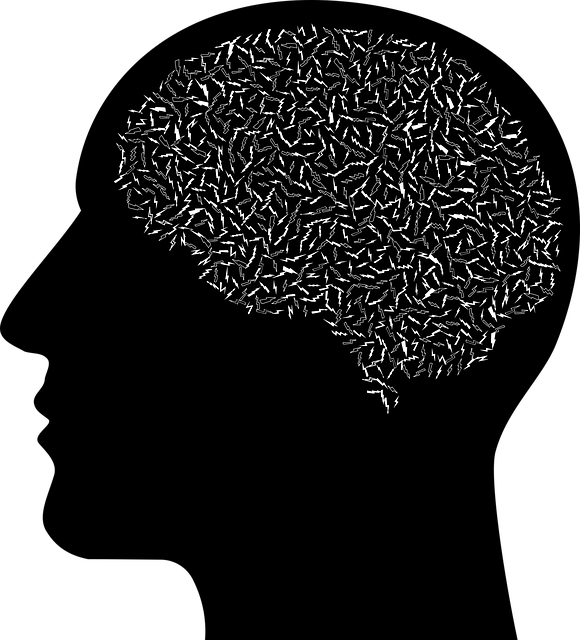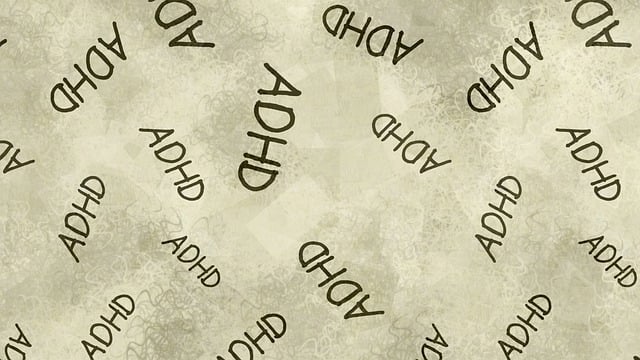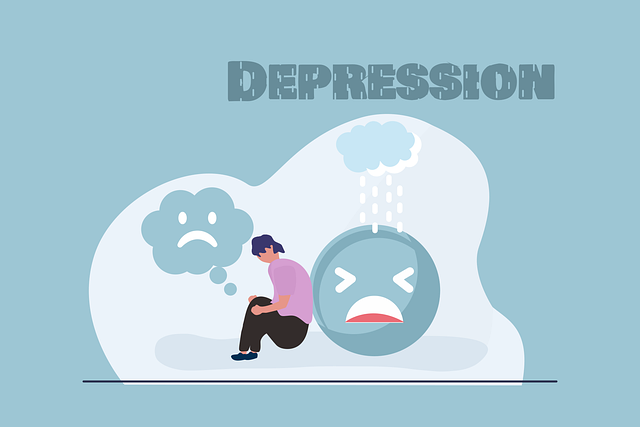Northglenn Alcohol Abuse Therapy prioritizes mental wellness as a key component for successful recovery from substance abuse. Their comprehensive programs incorporate communication strategies, coping skills development, and self-esteem enhancement to address the complex interplay between alcohol dependency and mental health disorders. By offering cognitive-behavioral therapy, group therapy, conflict resolution training, and community outreach initiatives, Northglenn fosters emotional intelligence, reduces stigma, and builds resilient communities that support long-term mental wellness.
Mental wellness is a cornerstone of overall well-being, profoundly impacting our daily lives. This article delves into various aspects crucial for promoting positive mental health, with a specific focus on Northglenn Alcohol Abuse Therapy as an effective treatment approach. We explore signs of potential alcohol-related mental health issues and provide strategies for building resilience. Additionally, we highlight community support resources vital for sustaining long-term mental wellness in Northglenn.
- Understanding Mental Wellness and Its Impact on Daily Life
- Recognizing the Signs of Potential Alcohol-Related Mental Health Issues
- Northglenn Alcohol Abuse Therapy: An Overview of Effective Treatment Approaches
- Strategies for Building Resilience and Promoting Positive Mental Health
- Community Support and Resources for Sustaining Long-Term Mental Wellness
Understanding Mental Wellness and Its Impact on Daily Life

Mental wellness is a fundamental aspect of overall health that influences how we think, feel, and act in our daily lives. It encompasses emotional, psychological, and social well-being, allowing individuals to navigate life’s challenges with resilience and purpose. Understanding mental wellness involves recognizing its impact on various areas, from decision-making and relationships to productivity and self-care.
In the context of Northglenn Alcohol Abuse Therapy, promoting mental wellness is crucial for those struggling with substance abuse. Effective therapy often includes communication strategies to foster open dialogue about emotions and experiences. Additionally, coping skills development equips individuals with tools to manage stress and triggers, enhancing their ability to make positive choices. Self-esteem improvement is another key component, as building self-confidence and a positive self-image can significantly impact an individual’s overall mental wellness and recovery journey.
Recognizing the Signs of Potential Alcohol-Related Mental Health Issues

Recognizing the signs of potential alcohol-related mental health issues is a crucial step towards recovery and well-being in Northglenn Alcohol Abuse Therapy. Excessive drinking can mask underlying emotional struggles, leading to a complex interplay between substance abuse and mental health disorders. Individuals may exhibit symptoms such as increased anxiety, depression, or mood swings, often accompanied by changes in behavior like social withdrawal or irritability.
Social Skills Training and Mental Health Education Programs Design can play a vital role in identifying these signs early on. By promoting emotional intelligence, these programs empower individuals to understand their feelings and communicate effectively, which is essential for navigating the challenges of alcohol dependency. This proactive approach allows for timely interventions, ensuring that those struggling with alcohol-related mental health issues receive the necessary support and care.
Northglenn Alcohol Abuse Therapy: An Overview of Effective Treatment Approaches

In Northglenn, Colorado, individuals struggling with alcohol abuse can find specialized support through various effective treatment approaches. These programs are designed to address the complex nature of addiction and focus on holistic healing, combining medical care with therapeutic interventions. One prominent strategy is cognitive-behavioral therapy (CBT), which helps patients identify and change negative thought patterns and behaviors associated with excessive drinking. This approach empowers individuals to develop coping mechanisms and build inner strength, crucial for maintaining sobriety.
Additionally, group therapy sessions facilitate peer support and shared experiences, fostering a sense of community. Conflict resolution techniques are also integral to these programs, teaching individuals healthy ways to navigate interpersonal challenges without resorting to alcohol. Public awareness campaigns play a vital role in promoting understanding and reducing the stigma around seeking help for alcohol abuse, encouraging those in need to take proactive steps towards recovery.
Strategies for Building Resilience and Promoting Positive Mental Health

Building resilience and promoting positive mental health involves a multi-faceted approach that integrates both individual strategies and community support systems. At Northglenn Alcohol Abuse Therapy, we emphasize the importance of self-care practices as foundational to fostering mental wellness. Encouraging individuals to prioritize regular exercise, maintain balanced diets, and allocate time for relaxation and hobbies can significantly enhance their ability to navigate life’s challenges.
Moreover, mental health education programs designed to equip folks with coping mechanisms and stress management techniques play a pivotal role in building resilience. By promoting confidence-boosting activities and providing safe spaces for open dialogue, these initiatives empower individuals to recognize and address early signs of mental health issues. Ultimately, combining self-care practices with educational programs creates a robust framework for fostering strong mental health and preventing conditions like alcohol abuse in Northglenn communities.
Community Support and Resources for Sustaining Long-Term Mental Wellness

In fostering long-term mental wellness, community support plays a pivotal role. Northglenn, with its dedicated Alcohol Abuse Therapy centers, is a prime example of how communities can collaborate to address mental health challenges. These therapy programs not only offer professional care but also connect individuals with their peers, building a network of support that extends beyond the walls of treatment facilities. This sense of belonging is crucial for sustained recovery and improved mental wellness.
Community Outreach Program Implementation and Social Skills Training are other vital components in this equation. By integrating these initiatives, Northglenn aims to create an environment where individuals can develop essential coping strategies while also enhancing their social connections. Such holistic approaches ensure that people not only receive treatment but also gain the skills and resources needed to thrive in a supportive community setting, ultimately contributing to enhanced mental wellness across the board.
Mental wellness is a cornerstone of overall health, and recognizing its importance in daily life is crucial. By understanding the impact of mental health issues and armed with strategies for resilience, individuals can navigate challenges effectively. Northglenn Alcohol Abuse Therapy offers specialized treatment approaches to address alcohol-related mental health concerns. Community support and long-term resources play a vital role in sustaining mental wellness, ensuring folks have access to the help they need to thrive.
